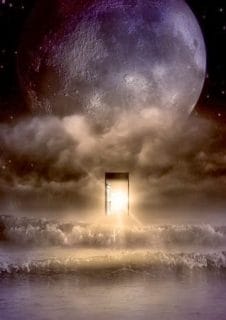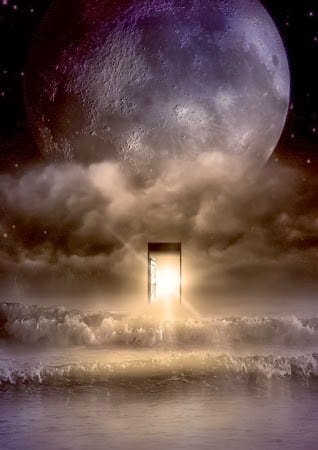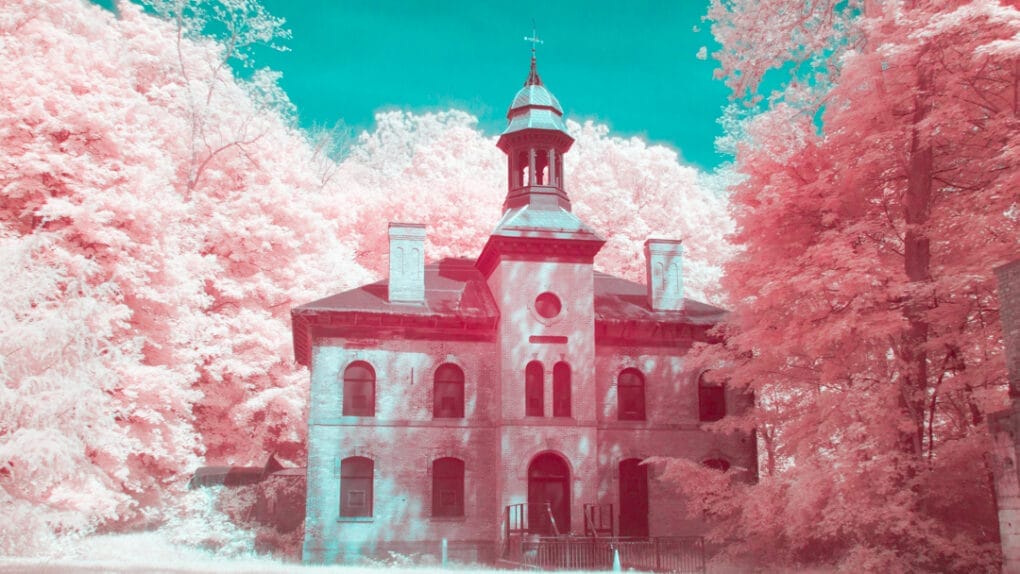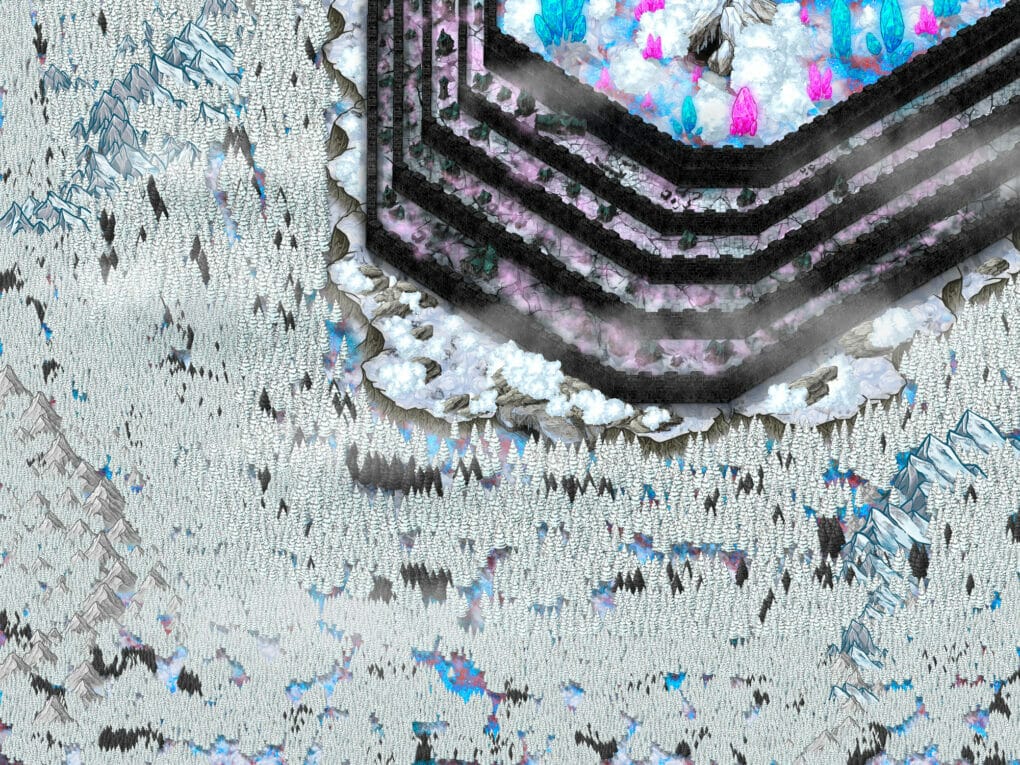
Recently, there’s been an awesome dialogue going on about diversity in sci-fi, fantasy and horror. This discussion has nothing to do with Black History Month, a month I don’t particularity care for. I understand the purpose of Black History Month. But, the history/impact of people of color (POC) in the U.S. should be an everyday thing, not something we dive neck deep into once a year.
Anyway, I just read an article on Mythic Scribes that sums up the issue of diversity in speculative fiction beautifully.
“In many ways, fantasy literature, which was overwhelmingly white/European for years, has taken on this challenge and become more multi-ethnic. A few books I’ve read recently that have people of color (POC) as main characters include Kate Elliott’s Cold Magic/ Cold Fire/ Cold Steel trilogy, Elizabeth Bear’s Range of Ghosts, and N.K. Jemisin’s The Killing Moon. This is a huge movement from the Tolkienesque epic fantasy with a group of white dudes going off to battle the Black Lord and his swarthy minions.
However, we still have those damn Black Elves lingering around, poking their dark faces into decent people’s business. (They showed up most recently in Thor 2, with the first camera pan down to the evil Dark Elves landing on the character of Algrim/Kurse, played by a black man, not on the completely white evil Malekith.)
The black/white evil/good dichotomy is so ingrained in so many human cultures that it’s unlikely it will ever disappear…” (Read more at Mythic Scribes)
At the end of last year, Twitter exploded because of #DiversityinSFF. It sparked quite a few articles on the subject- some of which from prominent news sources.
The Nation: Rising Above the Failure of Imagination
“What does it say about writers that it is easier to imagine creating an alien species and alien worlds than it is to create a non-white and/or heterosexual and/or male and/or differently abled and/or working-class humanoid character in a non-Western setting? We see such reticence to approach difference in fiction, across genres and it is, in part, understandable but it is also a bit offensive, this notion that underrepresented people are so different and mysterious, so far from the dominant understanding of normal, we dare not even try to write their experiences.”

It’s amazing that this conversation is happening. I hope this means more POC in scifi and fantasy. The funny thing is, as a lifelong fantasy and horror reader, I got used to not seeing people like myself in books- so much so that it never occurred to me that this type of conversation was needed. I just assumed fair-skinned POV characters would always dominate fantasy and that there was nothing anyone could do about it.
Until a couple of years ago, I had thought African Americans only wrote urban fiction. I was like a kid in a candy store when I discovered Brandon Massey and Tananarive Due. I mean I was floored. African Americans who write speculative fiction…I didn’t think they existed. There’s hope for me yet. I never write the stereotypical “African American Literature.” I kinda felt like an outsider. I believed I would have issues getting published. Because of authors like Massey and Due, I was able to take comfort in the fact that I didn’t have to write urban fiction.
On top of that, there was L.A. Banks– the only African American fantasy author I found whose books were not banished to the ghetto known as African American Literature/Fiction. (I cannot stand that section and refuse to browse it unless I absolutely have to). N.K Jemisin described my feelings about this section perfectly.
“I hate the “African American Fiction” section. HATE. IT. I hate that it exists. I hate that it was ever deemed necessary. I hate why it was deemed necessary, and I don’t agree that it is. I hated it as a reader, long before I ever got published. And now that I’m a writer, I don’t ever want to see my books there — unless a venue has multiple copies and they’re also in the Fantasy or General Fiction section.” (Read more here)
Just because I’m an African American writer does not mean my stories belong under African American Fiction. Some of my characters may be dark-skinned, but they aren’t black because they’re not human. African American/black does not exist in The Sciell’s world.
I’m sorry, I went off on a tangent.
The authors I’ve mentioned have given me confidence in my stories. I’m not as afraid of being published as I used to be.




